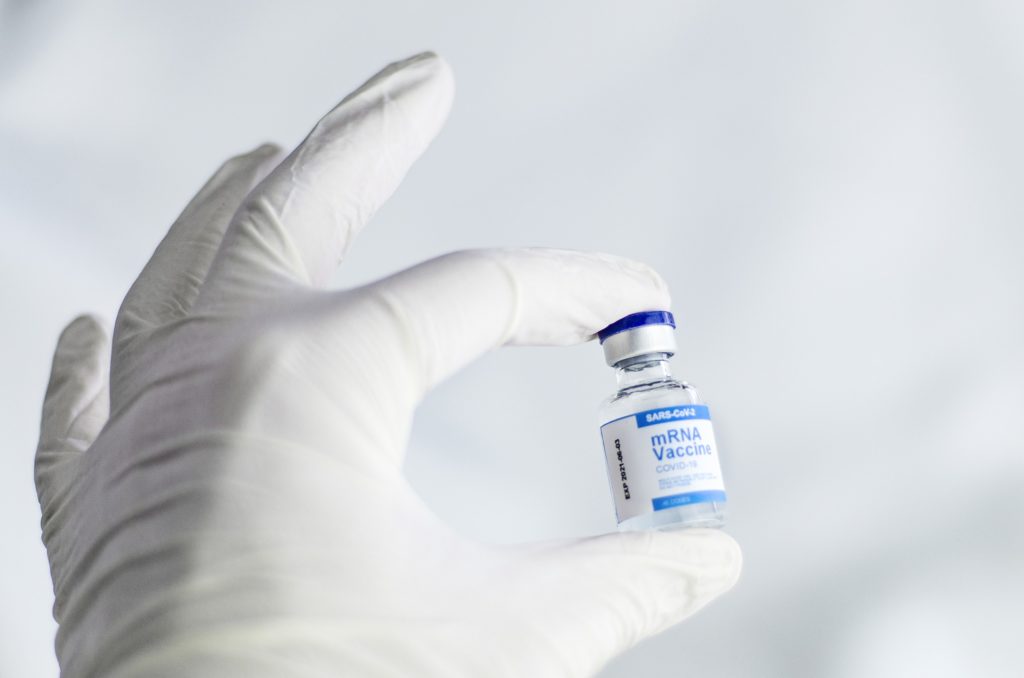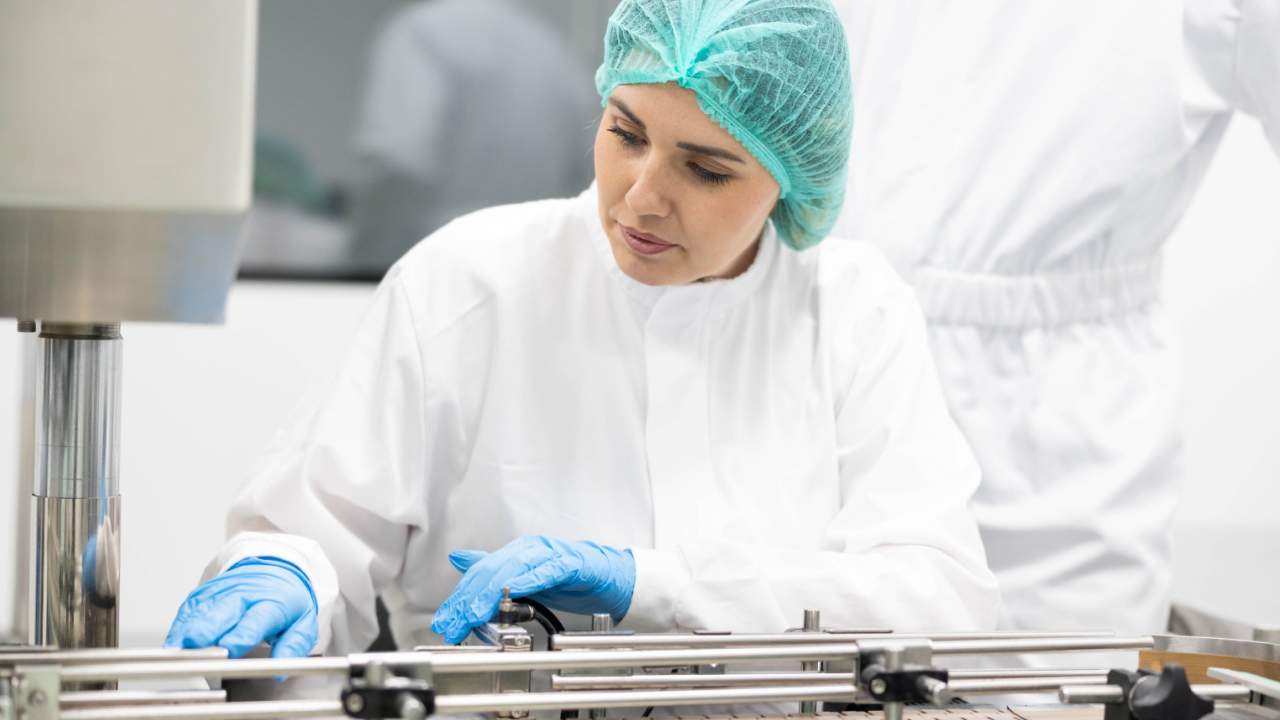COVID-19 vaccine makers Pfizer/BioNTech and Moderna have both commenced trials for their new variant-specific vaccines targeting omicron.
Pfizer and BioNTech have started to enroll participants in a study that will evaluate the new version of their COVID-19 vaccine that targets the omicron variant of SARS-CoV-2. The study will enroll up to 1,420 healthy adults between 18 and 55 years of age and assess the vaccine as a primary series or as a booster in individuals who have received two or three doses of the original version of the vaccine.
Similarly, Moderna announced that it has initiated testing of its omicron targeting booster vaccine candidate mRNA-1273.529 in a Phase II trial, with the first participant having been dosed on Wednesday last week.
Moderna anticipates enrolling about 300 participants into each of the two cohorts of the study, which will be conducted at up to 24 sites in the US. The company also revealed that it will evaluate the incorporation of mRNA-1273.529 in its multivalent booster program.
Earlier this month, Pfizer CEO Albert Bourla had said the company’s omicron targeting vaccine could be available as early as March.
Related: FDA Authorizes COVID-19 Vaccine Booster for 12- to 15-Year-Olds, Shortens Booster Interval
Pfizer’s study of its omicron targeting booster will include three groups, one of which will receive up to two doses of the omicron-specific vaccine three to six months after receiving two doses of its original vaccine BNT162b2, known by its commercial name Comirnaty. The second group will consist of individuals who received three doses of Comirnaty and will get either a fourth dose of it or the omicron booster. The third group will contain unimmunized individuals who will get three doses of the omicron shot.
Moderna will be evaluating its omicron targeting booster through extension of an earlier study. The booster will be assessed as a single booster dose in adults 18 years of age and older who will be divided into two cohorts. The first cohort will include individuals who previously received a two-dose primary series of its original vaccine mRNA-1273, known by its commercial name Spikevax. The second cohort will be comprised of those who received a 50 µg booster dose (with the booster dose administered at least three months ago). Individuals in both cohorts will receive a single booster dose of mRNA-1273.529.
Neutralizing Antibody Data for Omicron Targeting
Moderna also announced publication of neutralizing antibody data against omicron following a booster dose of its original vaccine, mRNA-1273, in the New England Journal of Medicine (NEJM) this month. The study showed that antibody neutralization against omicron decreased by 6.3-fold six months after a booster dose compared to peak levels at day 29. In comparison, neutralization against the parental strain of the virus only fell 2.3-fold after a booster. Although antibody titers were still detectable against omicron, they plummeted quicker than against the parental strain of the virus.
Earlier, Moderna had released preliminary neutralizing antibody data which showed that a 50 µg booster of the original vaccine increased neutralizing antibody levels against omicron by about 37-fold compared with levels before boosting. A100 µg dose of mRNA-1273 increased neutralizing antibody levels by approximately 83-fold compared to pre-boost levels.
Pfizer also published antibody data last week in the journal Science, which showed that three doses of its original vaccine effectively neutralized Omicron but two doses had limited neutralization titers against it. Pfizer and BioNTech concluded that two doses of BNT162b2 may thus “not be sufficient to protect against” infection with omicron.
However, the company noted that cell-mediated immunity was not significantly impacted by omicron, as 85 percent of epitopes in the spike protein have been observed to be recognized by CD8+ T cells. Therefore, Pfizer said it believes two doses may still protect against severe disease.
The US Food and Drug Administration (FDA) officials have said the regulatory pathway will be significantly shorter for variant-specific versions of proven COVID-19 vaccines like an omicron targeting booster. Therefore, studies involving just several hundred participants, such as the ones currently being conducted by Pfizer/BioNTech and Moderna, may be sufficient to get the omicron targeting boosters to market.
In a press release, BioNTech CEO Uğur Şahin said the hope is not only for the company’s new omicron-based vaccine to be effective against the variant at levels similar to the original vaccine against earlier variants, but that it will also provide a more sustained, “longer duration of protection.”












Join or login to leave a comment
JOIN LOGIN